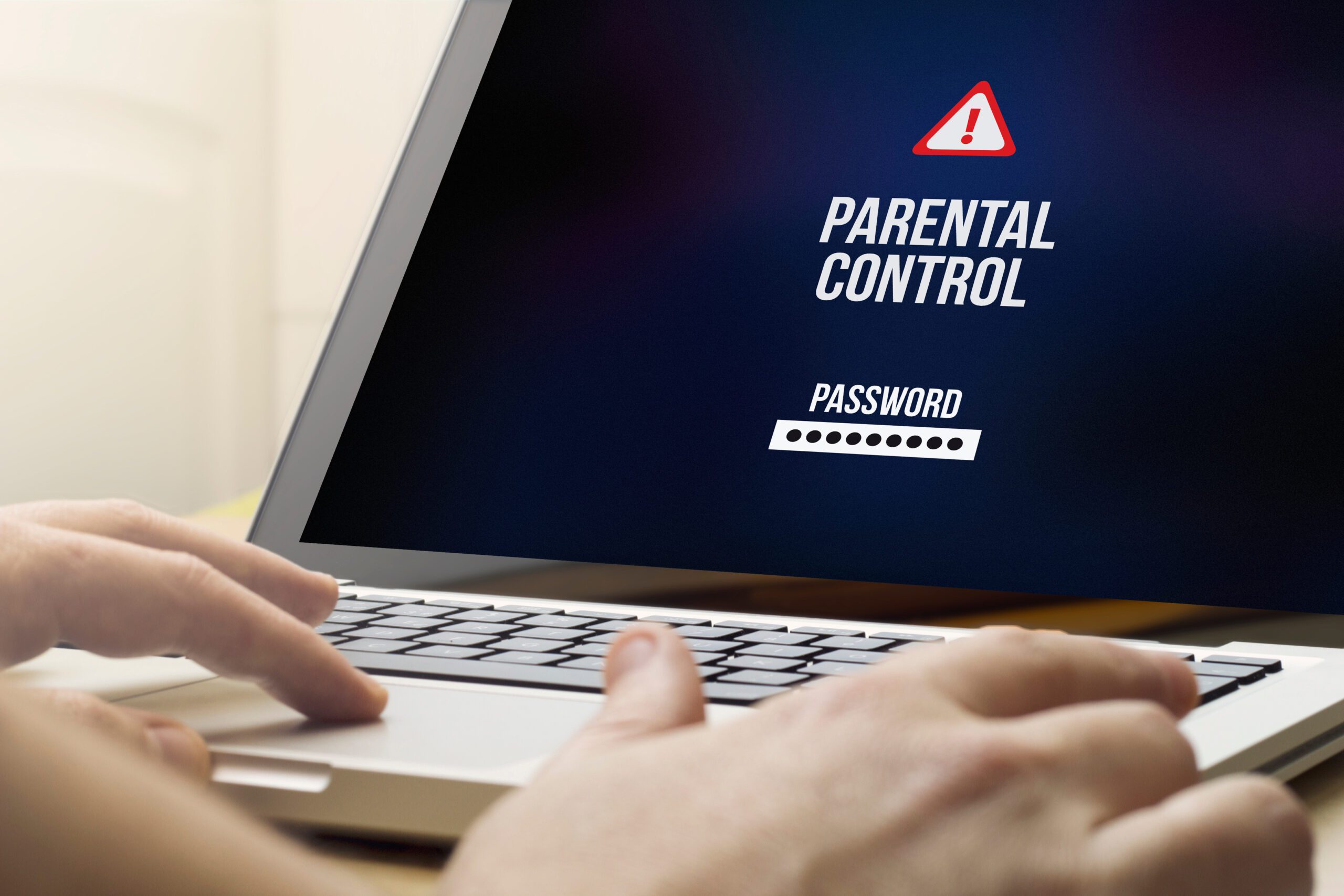The Risks of Exposing Personal Life on Professional Networks

As you walk the tightrope between personal and professional life online, it’s crucial to remember that one slip could mean a far-reaching fall. You’re constantly balancing the desire to be authentic with the need to present a polished image to colleagues and potential employers.
Sharing personal anecdotes or opinions on professional networks can humanize you, but it also opens the door to risks you may not have fully considered. From a privacy breach that leaves your personal data swinging in the wind to a misstep that could tarnish your professional reputation, the consequences are myriad and potentially severe.
Consider how much of your personal life you’re willing to gamble against your career as we explore the subtle dynamics and unforeseen pitfalls of merging these two worlds.
Professional Image Compromise on Professional Networks
Blurring the lines between your personal and professional online presence can tarnish your reputation if sensitive or controversial aspects of your life become public. You’re living in an age where the digital footprint is indelible, and the content you share in a personal capacity can often bleed into your professional sphere with just a few clicks. This convergence can be detrimental.
Consider your professional image as a curated brand; it’s the summation of interactions, competencies, and the persona you project. When you let your guard down and expose personal details, you risk having those elements recontextualized within a professional framework, often to your detriment. A seemingly innocuous photo or post shared among friends can be misinterpreted or exploited by colleagues, clients, or superiors, leading to a compromised professional stance.
You must analyze the boundaries between personal expression and professional expectations. Your online activities are rarely as segregated as you might hope. They’re accessible, searchable, and often subject to scrutiny. So, you should exercise discretion and anticipate how personal content could reflect on your professional image.
It’s not about living dual lives; it’s about understanding that in the digital world, they’re inextricably linked, and your career could suffer from a lapse in judgment.
Privacy Breach Vulnerabilities on Professional Networks
When you share personal information on professional networks, you’re opening the door to potential privacy breaches that can have serious implications for your security and career. It’s vital to recognize that even platforms designed for professional use aren’t immune to the risks that social networks pose.
You’re entrusting the network with data that could be exploited if security measures fail or if user agreements allow for more data sharing than you’re comfortable with.
You must consider the possibility that hackers could target these networks, seeking valuable personal and professional information. A breach could expose not just your contact details but also your employment history, connections, and even private conversations that may contain sensitive information. It’s not just about the immediate fallout; such breaches can lead to identity theft, financial loss, and long-term damage to your professional reputation.
Be analytical about what you share and with whom. Scrutinize privacy settings and use them to limit the audience for your personal content. Remember, the less you share, the less you risk. Always stay informed about how networks handle your data—staying ahead of potential vulnerabilities helps protect your privacy and your professional future.
Job Opportunity Jeopardization
While considering the risks of privacy breaches, it’s also essential to recognize how oversharing personal details on professional networks can jeopardize your job opportunities. You may inadvertently reveal information that leads potential employers to question your professionalism or fit within their corporate culture.
Here are three key ways your online disclosures could be detrimental:
- Unprofessional Impression: Photos or posts that display unprofessional behavior, even if they’re from your private life, might make you seem like a less desirable candidate. Recruiters often search for candidates online before making hiring decisions.
- Controversial Opinions: Expressing strong opinions on politics, religion, or other hot-button issues can alienate you from potential employers who have different views or who seek to maintain a neutral company environment.
- Time Management Concerns: Excessive posting during work hours or an overabundance of personal content might lead employers to question your time management skills and dedication to your work.
As you navigate professional networks, be analytical about the content you share. Reflect on how each post could be perceived by a future employer. It’s a balancing act between being authentic and maintaining a professional image that won’t close doors to future career opportunities.
Networking Relationship Dynamics
Navigating the intricate web of relationships within professional networks requires a keen understanding of the subtle yet powerful dynamics at play. You’re not just managing connections; you’re engaging with a complex hierarchy of professional status, personal boundaries, and potential conflicts of interest. You must discern between genuine rapport and mere transactional interactions.
Consider each connection you make as a strategic move in a broader career game. You’re building a brand, and every piece of personal information you share can either reinforce or dilute the professional image you’re cultivating. It’s a delicate balance: revealing too much can lead to discomfort or misuse of information, whereas sharing too little might be perceived as standoffish or uninviting.
As you analyze your networking approach, be cautious of the reciprocity principle. This unwritten rule suggests that favors or information shared are often expected to be returned. You should weigh the implications of this exchange. Will sharing a personal anecdote now obligate you to reciprocate in the future? Could this create an unintended power imbalance?
Legal and Ethical Implications
Beyond managing your personal brand within professional circles, it’s crucial to grasp the legal and ethical implications of what you choose to share. The line between personal and professional life is increasingly blurred on social media, and what you post can have unexpected legal and ethical consequences.
Here are three critical points to consider:
- Confidentiality Breaches: Disclosing sensitive information, even inadvertently, can violate non-disclosure agreements or privacy laws, leading to legal action against you.
- Defamation Risks: Negative comments about colleagues or employers, even if they’re intended as jokes, can be considered defamatory. This could result in lawsuits and irreparable damage to relationships and reputations.
- Employment Consequences: Employers often review online profiles, and inappropriate content can affect your job prospects or current employment status. Ethically, you’re responsible for the content you share and its impact on others in your professional network.
You need to weigh the potential fallout of personal disclosures against the perceived benefits. It’s not just about what you’re legally permitted to share, but also about what’s ethically sound. Always analyze your posts through a lens of potential impact, remembering that once something is online, it’s difficult to fully retract.
Conclusion
You’ve seen the pitfalls of mixing personal content with professional platforms. Compromising your image, risking privacy breaches, and potentially jeopardizing job prospects are real concerns.
The dynamics of professional relationships could shift unexpectedly, and there are legal and ethical dimensions to consider.
So, analyze the content you share, weigh the risks carefully, and remember that once online, your personal life might become an open book.
Keep it professional to safeguard your career and reputation.





